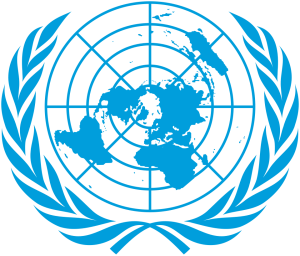The Coordinating Minister of Health and Social Welfare, Prof. Muhammad Pate, has revealed that malaria costs Nigeria over $1.1 billion annually in lost Gross Domestic Product (GDP). Speaking at the inaugural meeting of the Advisory on Malaria Elimination in Abuja, Pate emphasized that malaria is not only a health crisis but also an economic and developmental emergency that requires urgent action.
According to a statement by the ministry’s Deputy Director of Information, Alaba Balogun, Nigeria bears the world’s heaviest malaria burden, accounting for 27% of global cases and 31% of deaths. In 2022, over 180,000 Nigerian children under five died from the disease, which Pate said could be prevented with existing tools.
Pate described the newly unveiled advisory body, led by globally renowned experts, as a bold step towards eliminating malaria. The panel will focus on evidence-based solutions, accountability frameworks, and strategies to integrate malaria elimination into government budgets and plans at all levels.
Minister of State for Health, Dr. Iziaq Salako, stressed the importance of collaboration among private sector stakeholders, international partners, healthcare workers, and communities to achieve a malaria-free Nigeria. Traditional and religious leaders were also highlighted as key to driving grassroots behavioral change and support.
The initiative aligns with Nigeria’s Health Sector Renewal Investment framework and the federal government’s development agenda, aiming to reduce the malaria burden and improve national productivity.









